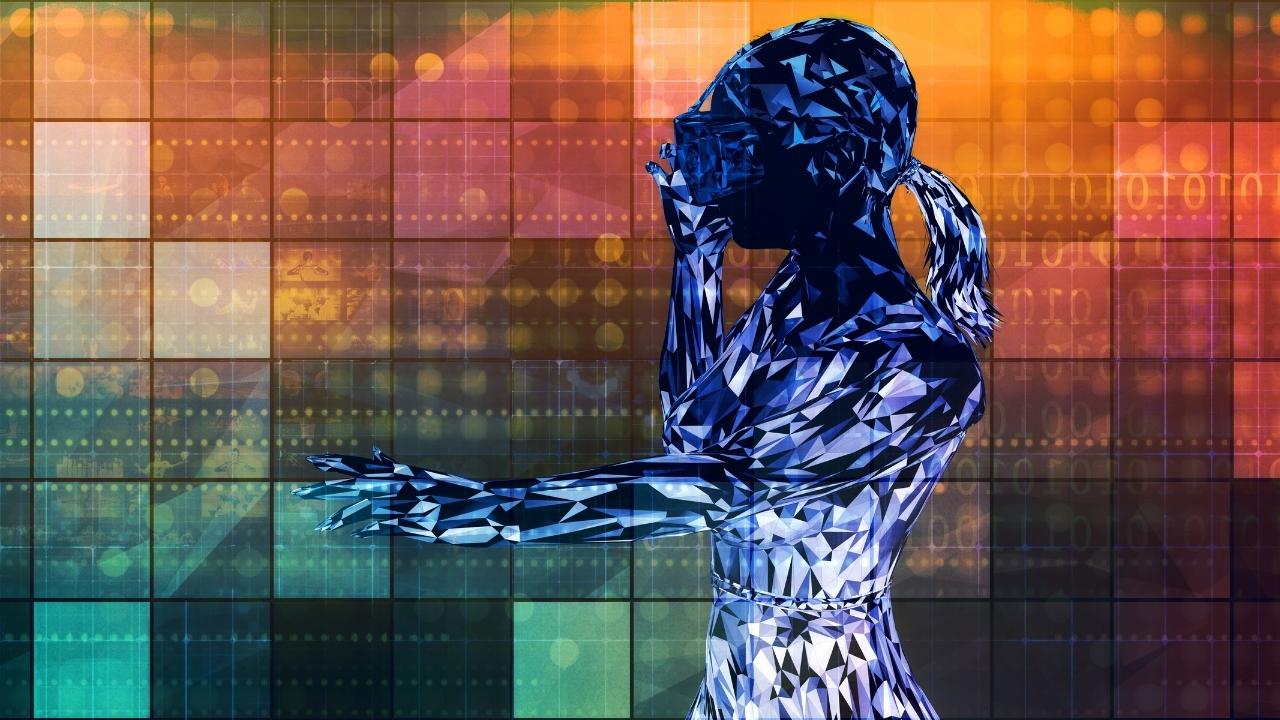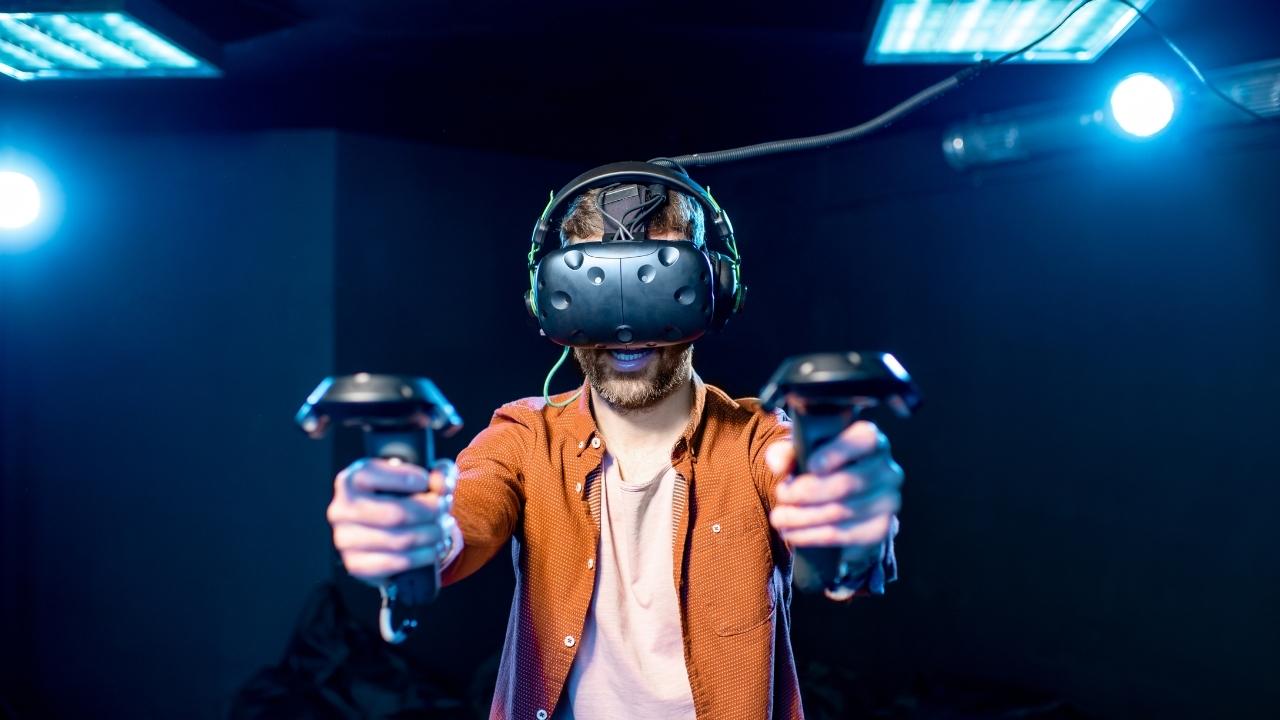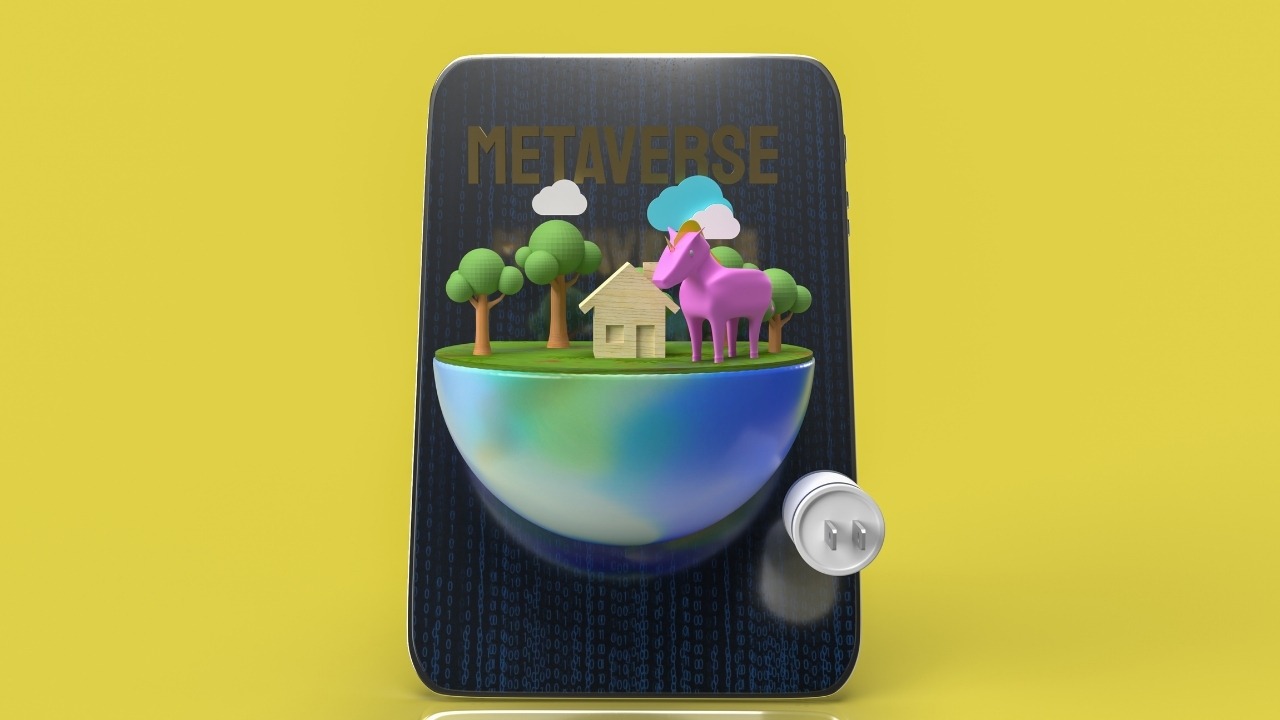What is extended reality and its main uses in the industry?

Extended Reality (XR) is not a new technology per se, but a term that encompasses all the virtual elements used to create environments and objects by computer. Among the concepts it encompasses are Virtual Reality (VR), Augmented Reality (AR) and Mixed Reality (MR), it also includes the technologies that make these realities possible; for example, Artificial Intelligence (AI), Internet of Things (IoT), 5G network, among others.

The future of the video game industry: virtual reality and investments
Mexico is currently the twelfth largest video game player in the world and the leader in Latin America. In 2020, 72.3 million gamers were counted.
Virtual Reality
It refers to a computer-created simulation in which users can enter a three-dimensional world, using devices such as glasses and gloves equipped with sensors, which allow them to have a complete experience.
Virtual reality was created for entertainment purposes and has gradually made inroads into the educational, labor and industrial sectors.
Augmented Reality
It is the most accessible technological trend of the three types of realities, since it is possible to experience it from a common device such as a smartphone. This technology allows virtual elements to be added to the real world, such as images, sounds, videos and 3D figures.
One of the most popular uses is the game Pokémon GO, which allows players to locate and capture Pokémon in real places.
But beyond its role in the entertainment industry, it is also used by some companies to give their consumers access to relevant information about products prior to purchase.
Mixed reality
This type of reality is the most advanced immersive technology, as it combines the best of virtual reality and augmented reality, which offers a more complete experience. It also requires a special helmet to access and allows the user to interact with virtual elements in real time, without losing sight of the world around them.
Industry 4.0
Extended Reality and the technologies it encompasses are already an essential part of industrial processes. Its application has become fundamental to Industry 4.0 as it increases business efficiency, productivity, competitiveness and increases safety levels.
In addition, many industries use immersive technologies so that the customer can try before buying, so a user can see how a garment fits, a beauty product and even know how a piece of furniture looks in their living room or a painting on their wall, this reduces potential returns and improves the consumer experience.
Manufacturing has also benefited from Extended Reality; one example is in the training of personnel, who through virtual experiences can learn step by step the mechanisms of their work before executing them.
The XR is a reality that is already present, and that will undoubtedly set a standard in the evolution of the world as we know it now, which will attract the attention of investors and its boom will be reflected in entertainment, sports, health care, tourism, education and e-commerce, to name a few.
Related news
-

Long-term investment opportunities with the metaverse
The metaverse will set the course for cryptocurrencies, as in the ecosystem of virtual worlds, a common factor for participating companies is that cryptocurrencies are present in all transactions.
-

The metaverse and its influence on technology investments
Companies are promoting the creation of the metaverse, so much so that the market valuation currently amounts to 800,000 million dollars and by 2030 it is estimated that this valuation could reach 2.5 trillion.

















